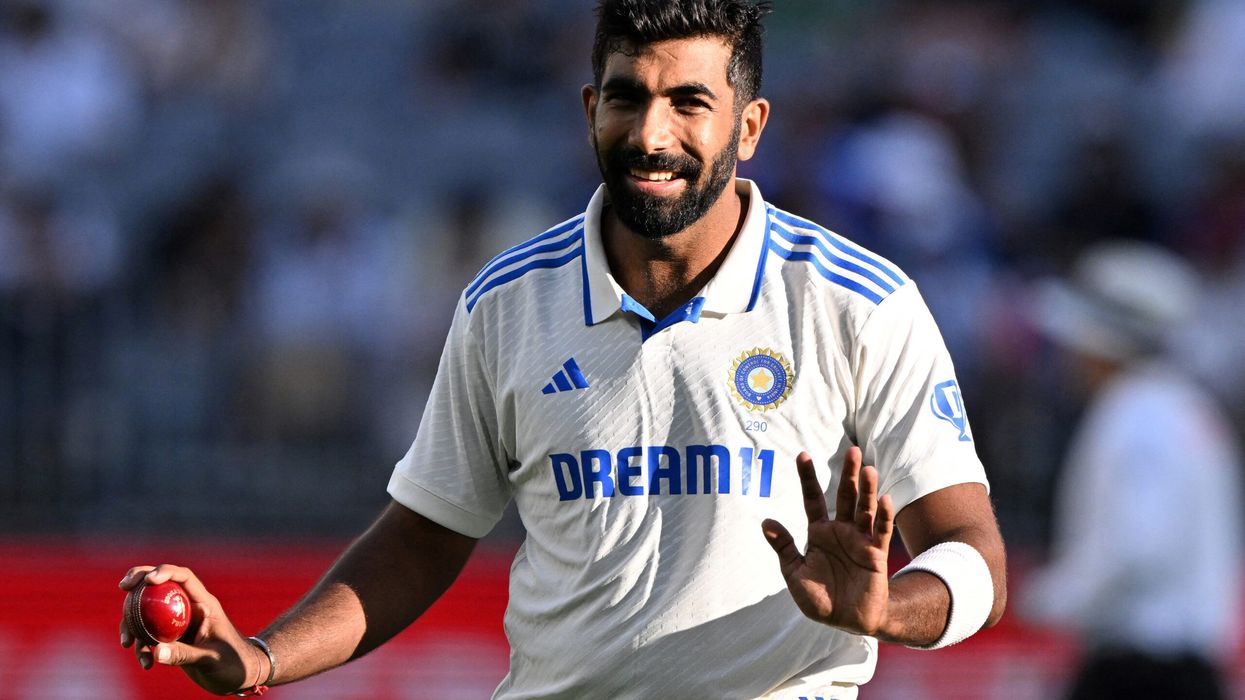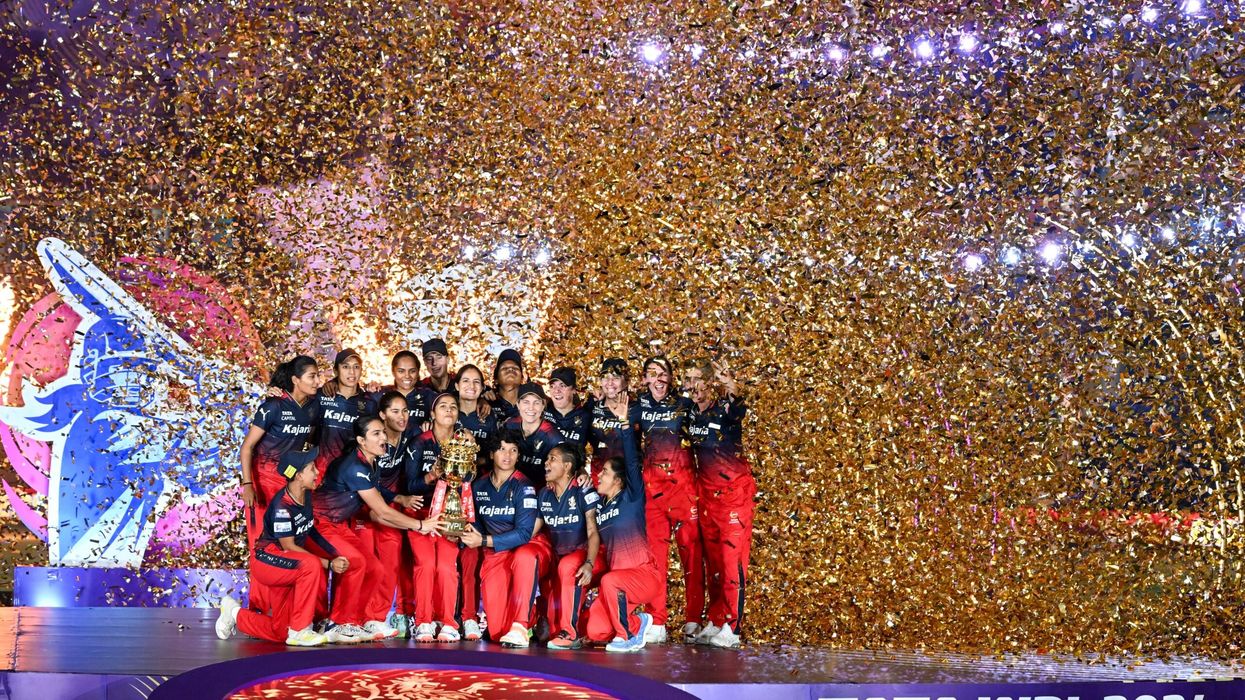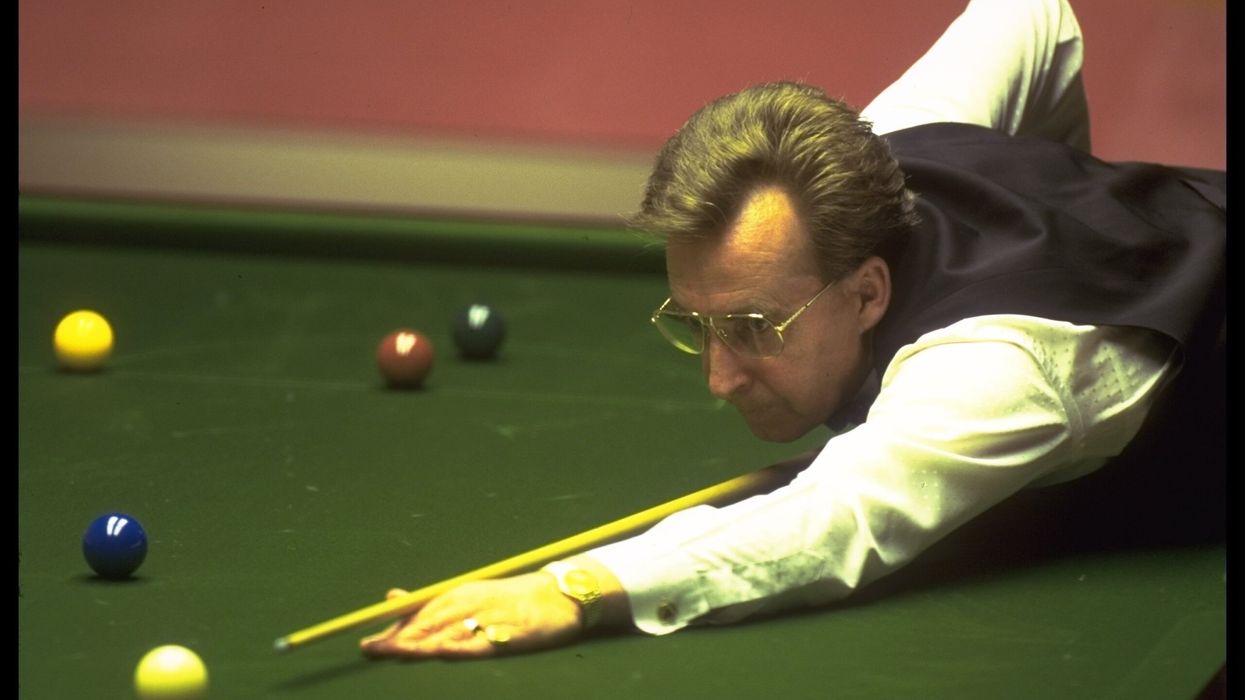Teenage fighter Harleen Kaur is fast becoming a strong symbol of girl power.
The award-winning 17-year-old has trained in martial arts for nearly 10 years, and enjoyed both national and international tournament success.
The high-kicking girl, who was born in Leeds and grew up in Bradford, is also a 2nd Dan black belt in karate and is currently training in various fight disciplines including kickboxing. She has represented England and is an ambassador for a number of organisations including the Asian Sports Foundation.
Harleen is currently balancing a fight career with completing her A-Levels at her high school Appleton Academy, where she is head girl and leader of the student council. During school time she uses her free periods to volunteer and raise money for different charities.
Eastern Eye caught up with Harleen to talk about her time in martial arts, how it has helped her in life, girl power, future plans and more.How did you first get involved in martial arts?
I first started karate almost 10 years ago when it was my best friend’s birthday. Her mum gifted her karate lessons and she wanted me to go with her. I wasn’t sure at first because I used to be quite shy as a kid, but she convinced me that I would really enjoy it. So I went along and it is a decision that I don’t regret.
When did you start competing?
Four years ago, I started competing in martial arts tournaments, fighting against athletes from different backgrounds including kickboxing, taekwondo and karate. I train with Jason Murray’s martial arts facility based in Queensbury, Bradford.
Currently, I am a 2nd Dan black belt in karate and have been competing in martial arts tournaments (karate and kickboxing) including the WMKF British Championships 2015 where I won a gold and a bronze medal, and the WMKF World Championships 2015 where I won a silver medal.
I recently started training in taekwondo with the Horizon Taekwondo Academy, based in Bradford, and have a few competitions coming up across the country, which I am very excited about.
How did your family feel about your involvement in these fighting disciplines?
My parents have been really supportive since day one. In fact, they are the ones who push me the most and encourage me to carry on. They make sure I don’t miss training. I believe that everything I have achieved today is due to my parents always pushing me to do my best and taking me to training and competitions.
Which have been some of your proudest achievements in this field?
My proudest achievement so far is winning the silver medal at the World Championships last year. It was my first international stage and I never imagined I would get a podium position.
It’s always been a dream to represent the nation and compete at the World Championships. It eventually kicked in when we got to the sports stadium on the first day of the competition, when I was selected to be a flag carrier at the opening ceremony. It felt amazing to carry the St Georges flag out along with so many athletes from across the world, even from India too.
What did it feel like to be selected to represent England? I was the first British Asian female to represent WMKF England at the World Championships last year, which took place in Malta. As I said, I came second in the open age under 65kg category.
How does it feel getting the various awards you have done?
I won the Asian Women of Achievement award in Sport this year in May. It was unbelievable when my name was announced as the winner, because I wasn’t expecting it at all. I attended the ceremony at the Hilton Hotel in Mayfair, London, and a few friends came to show their support too.
What is the biggest thing martial arts has taught you?
I believe the biggest thing I have learned from martial arts is my confidence. Many would describe me as being quite shy as a kid, but now I am far from it now.
How have you incorporated what you have learned into your life?
I am able to apply this to everyday life because I am now able to handle situations a lot better. More importantly, I am able to express myself without having to worry about what others are going to think about me, which a lot of girls my age are bothered about. Not only have I learned how to defend myself, but I also feel I have significantly developed my self-discipline, which is probably why many would describe me as always trying to be positive.
What advice would you give girls wanting to get into this field?
I would tell them to definitely get involved with martial arts as you learn a lot of things. I would strongly encourage girls to try it out.
I also try to encourage people to just get active by being an ambassador for the Asian Sports Foundation. I work with the organisation to support the campaign for equality and inclusion in sport. The foundation does a lot of research and insight into understanding some of the barriers to participation and how we can help change this.
What do you enjoy doing away from martial arts and studying?
From a young age, I have had a passion and love for sports. I’ve been lucky enough to help the community by sharing my skills with younger people. At the moment, I don’t have time to do much else, but in my summer holidays, I went to India and spent time volunteering. This summer I worked with an organisation called YFC (Youth For Change) in Punjab and held self-defence camps for boys and girls.
Tell us more about that?
I visited schools, gave talks and took something very similar to what would be a PE class here. These consisted of informing children about HIV through physical education. There is a significant drug problem in the state of Punjab in India, which is an issue I want to help tackle through my work with the grassroots organisation. We encourage the youth to take part in sports and physical activity, which subsequently deters them from drugs and alcohol abuse.
How much do you believe in girl power?
I am a very big believer in girl power. It is one of the factors that drives me and motivates me every day. I think it is important for someone to set a good example for the younger generation, so they have someone to follow and know that their goals and dreams can be achieved with dedication and commitment.
I am involved in an anti-domestic violence campaign with American organisation Rose Alley – its figures show one in three women throughout the world will experience physical or sexual violence by a partner or sexual violence by a non-partner. I was asked to be a member of this campaign, which is also supported by the likes of Miss Universe Canada and Miss Israel.
What are some of your future plans?
I’m preparing for the World Championships this month, but like I mentioned, I have also started taekwondo and am really enjoying it at the moment. I have a few competitions coming up in taekwondo, and it would be another dream come true to be part of the GB squad.
Finally, what is the long-term dream for you?
My long-term dream is to have my own martial arts academy, hopefully in India too, so I can pass on my skill to others and get more people, especially south Asians, involved with the sport.



